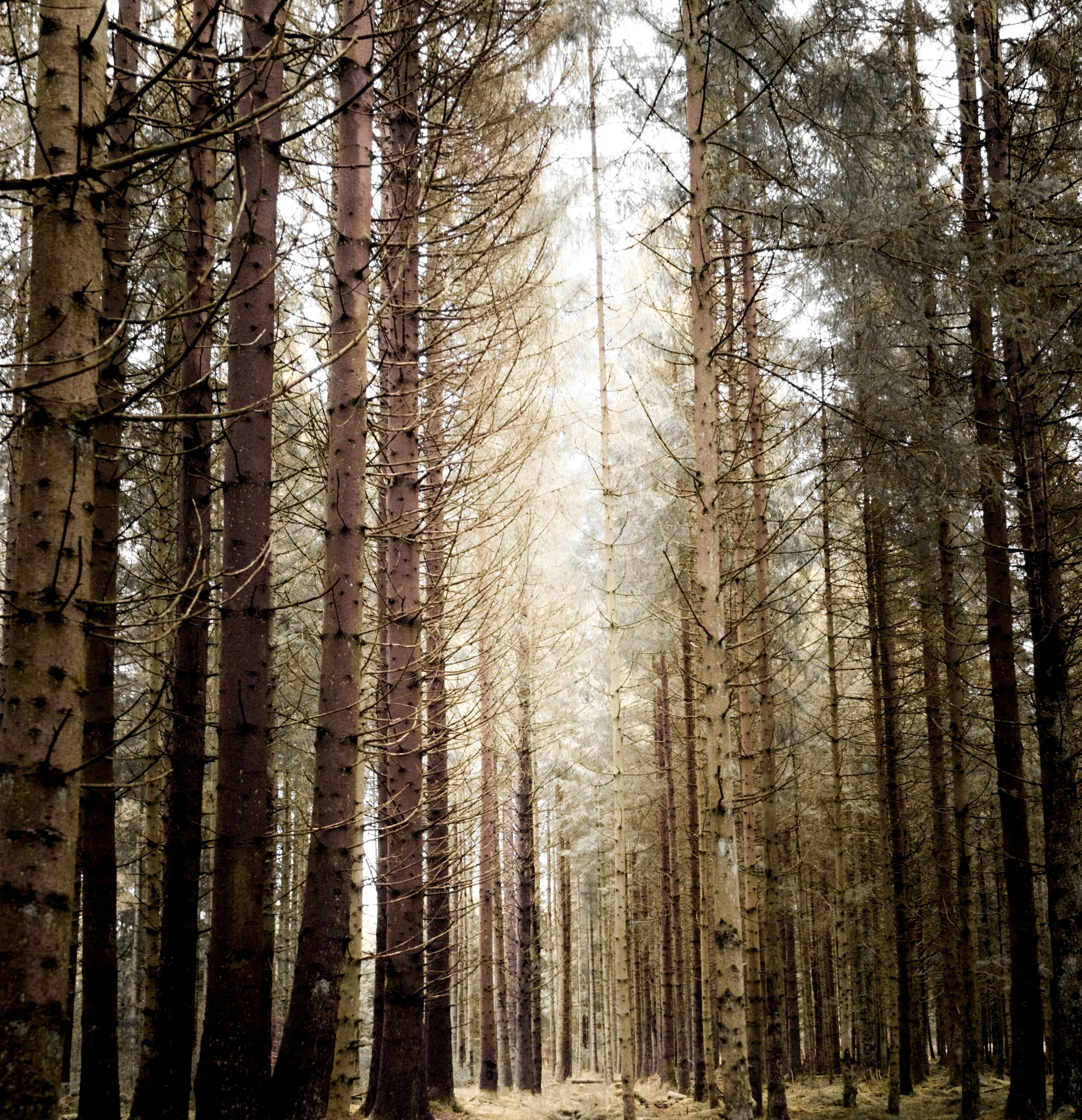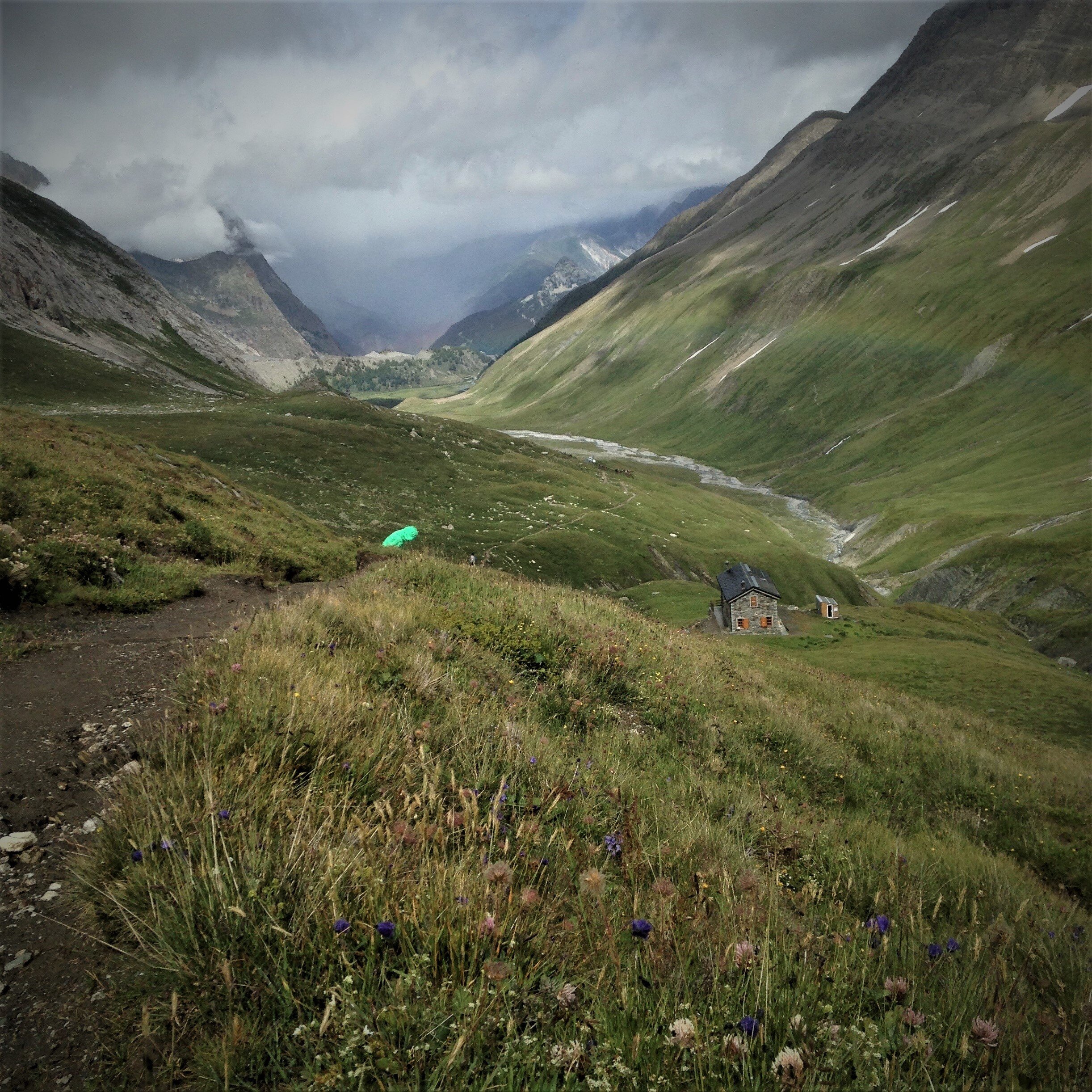Extending our Right to Roam
24 February 2021
By Becks Treharne, Biophilic Urbanism Consultant
In 2017, the Swedish tourism board proudly listed the entire country on Airbnb.
They wanted to highlight its 100 million acres of Swedish wilderness were open for everyone to enjoy, representing the country’s integral freedom of life, or right to roam – allemansrätten.
The fee for this luxury? Simply paying respect to nature.
England also offers people the freedom to roam its countryside. But unlike Scandinavian countries, and indeed Scotland, the parameters set out in our Countryside & Rights of Way (CRoW) Act, provide a somewhat less generous offering. In England, over 92% of green space and 97% of rivers are legally off limits, leaving only a small portion of wilderness and patches of urban green space for people to enjoy. Venturing outside these parameters could lead to expulsion and leave one branded a trespasser.
This is because the right to own property in England also comes with the right to exclude.
And why not? Landowners have, in many cases, worked hard for their land, so why should they be refrained from protecting it? Is it so wrong to prevent people interfering with their commercial activity, sport or privacy, when they have paid, earned or been handed down the privilege of full access rights? Why shouldn’t they erect fences and ‘do not enter, private land’ notices, and penalise those who overstep the strictly defined paths deemed accessible to the public?
Too common is the picture of litter-strewn hedgerows caused by drivers discarding unwanted plastic bottles and empty crisp packets from car windows. Too often we find the remnants of picnics or parties buried on beaches or left beside park bins, already at full capacity. Too regularly are cigarette butts thrown to the ground, their owners inadvertently subjecting the world to years of degradation and pollution. Surely such actions reaffirm the need for landowners to protect their property by excluding the public?
On the contrary, I would argue to solve this problem we actually need to extend access rights. By denying people access to nature we are only making this problem worse.
“To give people the right to roam is the first step to engender in people the responsibility they have towards nature.”
This quote, by Nick Hayes – the author of ‘The Book of Trespass’ who is currently pursuing a campaign to extend the CRoW Act in England (you can watch the interview here on Planted Unearthed) – highlights the very reason why denying people access to land and nature reinforces negative consequences. By restricting people’s access, we are depriving them of the opportunity to connect with the natural world, and in turn depriving our wilderness of a future generation of stewards. People cannot and will not care about what they do not understand.
By showing people why they should care, we can begin to engender a sense of responsibility for these natural spaces.
In Sweden, connection to nature is a more integral part of life. It is embedded in local culture through their right to roam, while stewardship of nature is taught in schools, clubs and at home, and lessons are passed down from generation to generation. Their “Don’t disturb – Don’t destroy” ideology is ingrained at such a young age it becomes habitual. But this is only possible because they’re surrounded by opportunities to spend time in natural environments. The land around them, though often owned by private landlords, is free to roam because the right for people to access nature and natural places far outweighs the right to exclude. And this is critical to connecting people to nature.
This connection to the natural world cannot be fostered through artificial landscapes or momentary glimpses. People need the freedom to explore, forage, wild swim, camp under stars, kayak down rivers and so much more. They need this complex, multi-sensory immersion in the natural world to truly understand their connection to it and responsibility for it.
Our connection to nature is biological. But, like any muscle in the body, it requires us to develop and strengthen it in order for it to become meaningful. This is why we must give people the right knowledge, skills and space to develop this connection. Without this, we risk not only the long-term health of our population, but ultimately the health of our planet too.
Take the easing of lockdown during the summer for example. Even amidst a pandemic, which awoke in many of us the realisation we need nature and access to it, natural beauty spots were trashed. Colossal amounts of rubbish were left on beaches up, parks were desecrated, and waterways polluted. And why? Well two reasons. One, because people have little sense of ownership of the natural world and two – part of the underlying cause of the former – because they’re restricted to only a handful of natural spaces. Deny the right to roam in nature and you deny people’s connection to it.
Furthermore, with so few opportunities to escape the city, we are subjecting more and more people to the harsh landscape of urbanisation, and it is negatively impacting our health. Traffic pollution, stressful street networks, loud noises, light pollution, limited wildlife and so on all have impacts on our health and wellbeing. And cities are only going to get more crowded. By 2030, assuming COVID-19 hasn’t altered the trajectory, about 86% of the UK’s population will live in urban areas, so these problems are not going away.
We know nature can survive and even thrive without humans, but the opposite is not true. We need nature, so need to start thinking about it as an integral part of our existence. But this also requires more people to understand why nature is important. Simply telling people they should care is not enough.
Extending our right to roam will allow people to form their own connection with, and sense of responsibility to, the natural world. It’s time to increase access to our Natural Health Service. England needs allemansrätten.
- Ends -




